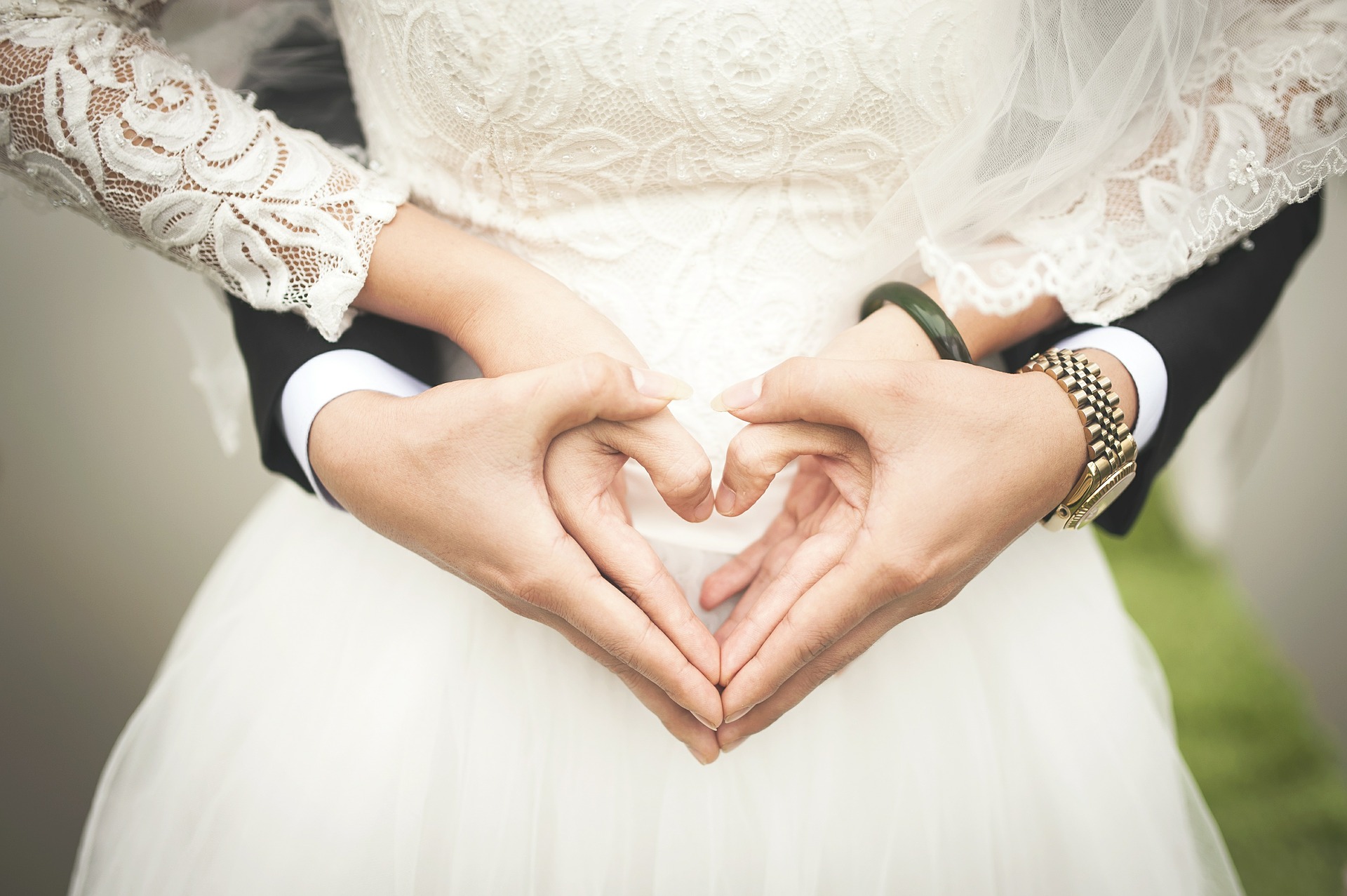This week, the UK government announced that opposite-sex couples will be allowed to obtain a civil partnership. Civil partnerships were not only reserved for same-sex couples prior to the same-sex marriage ruling in 2013 but created for them as an alternative to marriage. The legislation follows a June Supreme Court ruling that the current law was both discriminatory and incompatible with human rights laws, including the right to a family.
The case is unusual as it argues that same-sex couples have more rights and opportunities than opposite-sex couples, an oddity in this frequently homophobic world. This begs the question of why straight couples should feel entitled to something that the LGBTQ+ community campaigned and fought for years for, while they have had the legal right to marry for centuries.
In 2004, the civil partnership act was introduced and then, in 2013, same-sex marriage was approved by parliamentary vote, and formally introduced in March 2014. Prior to the introduction of civil partnerships, same-sex couples had little or no legal way of validating their relationship. Couples that had been together for many years had no way of showing the world their dedication to each other, and no legal protection if a partner was to pass away. Opposite-sex couples enjoyed full marital rights and were able to have both legal protection and show the public declaration of their love. So yes, while equality is a principle that we should all strive for, the hard work put in by LGBTQ+ campaigners and the historic and present discrimination faced by the LGBTQ+ community should not be forgotten or belittled.
“While equality is a principle that we should all strive for, the hard work put in by LGBTQ+ campaigners and the historic and present discrimination faced by the LGBTQ+ community should not be forgotten”
It is easy to see why opposite-sex couples would be in favour of civil partnerships. Marriage imposes gender stereotypes, such as the father giving away his daughter to her new husband, to whom she then belongs. Marriage also often comes with religious connotations. Traditionally, weddings have taken place in religious spaces and have been performed by religious leaders. In a society that is increasingly secular and more accepting of gender equality, this no longer feels like an appropriate way to celebrate a relationship.
However, each marriage is very different and can be determined by the individual couple – it is no longer necessary to follow social norms. Weddings can take place as a civil service or in a registry office, as opposed to in a religious institution. They may not include traditional vows, and the father of the bride may not walk his daughter down the aisle. None of this undermines the love both parties have for one another. We are no longer in a society that decides what an individual marriage should be, this is at the discretion of the couple. This makes the reasons behind opposite-sex couples wanting civil partnerships less convincing.
In summary, the LGBTQ+ community fought for years for their sexuality to be legalised. The battle for legal recognition of their relationships took many more years, and still, civil partnerships did not endow same-sex couples with the same rights an opposite-sex couple would enjoy in marriage. Opposite-sex couples have not had to fight for their rights in the same way; their relationships have always been approved by society and the law. The bottom line is this: opposite-sex couples campaigned for four years for a right that they effectively already had, while same-sex couples had to campaign for hundreds of years for that right. Opposite-sex couples are not the victim in this battle.
Harriet Davidson

